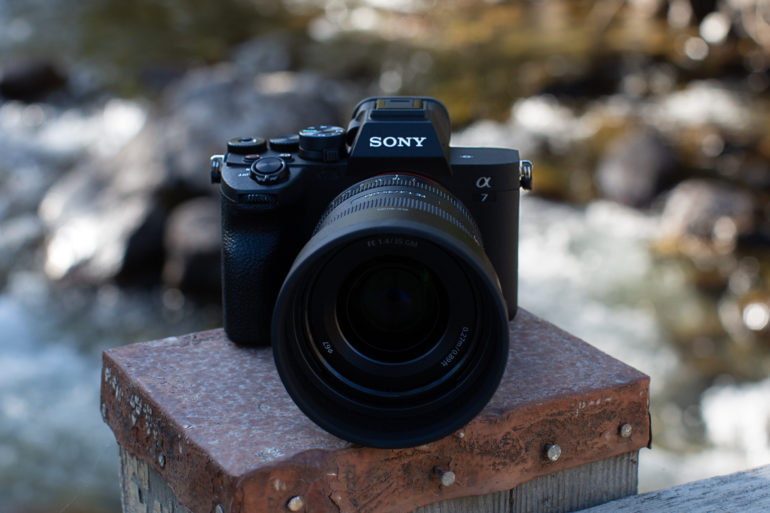
The year 2025 is already halfway over, but we haven’t yet heard about the future of the higher-end Sony a7 series cameras. For the record, we’re not referring to any of the “C” style cameras when we talk about higher-end options. While the a7R series has progressed, the question of the next a7 successor, the Sony a7 V, hangs in the air. The company has not yet spoken about a launch date, but per new reports, it appears that the company is planning a lot of new things for this edition. How so? Let’s have a look.
According to Sony Alpha Rumors, there are a few sources that have reported the new camera will have truly different features. The source has seen some prototypes, which means the a7 V is already in development stages. Per the source, the new camera has the following:
- A 44MP 20fps non-stacked sensor
- The body is same as a1 II, as well as the screen
- AI chip for processing
- Better EVF when compared to a7 IV
- Better heat management
The sensor, per the source, is “100% confirmed.” However, the EVF is something they can’t vouch for. While many had hoped for a better sensor, the high resolution, with a 20fps readout speed, makes it challenging for the processor to work in challenging conditions. Of course, it would be curious to have a camera like this, but without a stacked sensor, as it would lead rolling shutter issue.
However, there is another challenge. Some people state that new sensors will not be introduced until 2026, which means that the Sony a7 V, if launched in 2025, may feature existing tech. There is another report about the a7 series then being absorbed by the FX series, which is entirely video-oriented. While Sony has not said anything officially, it remains to be seen what happens when the camera does, in fact, launch. We aren’t sure how that can work for photographers, but if the changes are like Panasonic, where one can use LUTs for stills, there is still some hope. Or, else. We may have say goodbye to the a7 V.
The only camera that Sony has launched is the a1 II, which is the first device from the company to feature an AI chip for improved autofocus performance. In that regard, the Sony a7 V, if they implement this change, can become a true hybrid model for many. Until then, let’s just wait and see what the company is thinking of doing.

